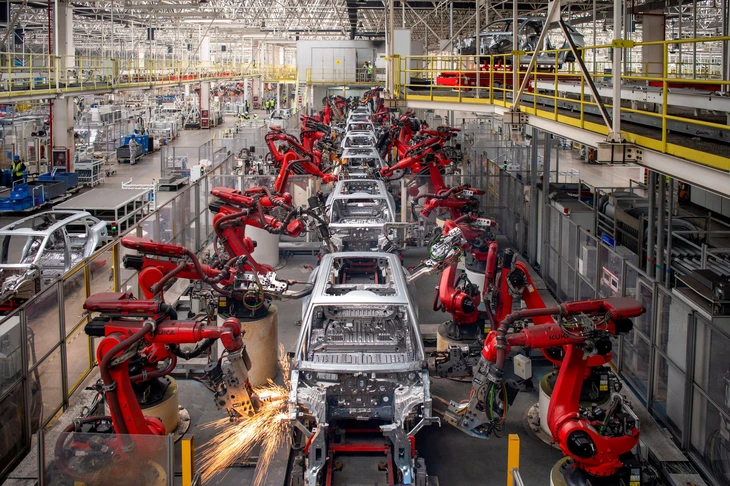
Robotic arms assemble cars on Leapmotor's electric vehicle production line at a factory in Jinhua city, Zhejiang province, China on April 26, 2023 - Photo: REUTERS
According to the New York Times on April 24, China possesses a secret weapon in the trade war with the United States: an "army of robots" in factories equipped with artificial intelligence (AI) - machines that revolutionize the manufacturing industry.
Bring advantage in trade war
Factories across China are being automated at a dizzying pace. Overseen by engineers and electricians, these armies of robots are not only cutting production costs but also improving product quality.
That has allowed Chinese factories to keep the prices of many of their exports low, giving the country an advantage in the trade war and in dealing with President Donald Trump’s high tariffs. China is also facing new trade barriers from the European Union and developing countries such as Brazil, India, Türkiye and Thailand.
The level of automation in Chinese factories now surpasses that of the United States, Germany, and Japan. According to the International Federation of Robotics, China has more industrial robots (per 10,000 manufacturing workers) than a host of other countries, behind only South Korea and Singapore.
China’s automation strategy is guided by government directives and backed by massive investment. As robots replace humans, automation is key to maintaining China’s dominance in mass production, even as its workforce ages and becomes increasingly uninterested in factory jobs.
In the US, auto plants also use automation, but much of the equipment comes from China. Most of the world’s auto assembly plants built in the past 20 years are in China, and the automation industry has grown around them.
Chinese companies have also bought advanced overseas robot suppliers, such as Germany's Kuka, and moved much of their operations to China. When Volkswagen opened an electric car factory in Hefei a year ago, it had just one robot from Germany, with the remaining 1,074 produced in Shanghai.
Not just in auto factories
He Liang, founder and CEO of Yunmu Intelligent Manufacturing (one of China's leading humanoid robot manufacturers), said China is working to turn robotics into a completely new business field.
“The hope for humanoid robots is to create another electric car industry. From this perspective, this is a national strategy,” he shared.
Robots are not only replacing workers in auto factories, but are also creeping into thousands of small manufacturing workshops across China.

Staff inspect robots used for customer service at a factory in Lianyungang, Jiangsu province, eastern China - Photo: AFP
Elon Li’s factory in Guangzhou, a commercial hub in southeastern China, currently employs 11 workers who cut and weld metal to make low-cost ovens and BBQ equipment. Now he is preparing to spend $40,000 to buy a camera-equipped robotic arm from a Chinese company. The device uses AI to watch a worker weld the sides of an oven, then automatically replicate the process with minimal human intervention.
In Ningbo, a giant factory run by Chinese electric vehicle maker Zeekr had 500 robots when it opened four years ago. That number has now grown to 820, with more planned.
It’s worth noting that factories in China still rely heavily on human workers. While many processes have been automated, humans still play a vital role in quality control and the installation of delicate components like wiring. There are some tasks that cameras and computers can’t handle on their own.
China's rapid progress in industrial robotics has been driven from the top. Beijing's "Made in China 2025" initiative, launched a decade ago, identified 10 industries in which China seeks to compete globally. Robotics is one of them.
Source: https://tuoitre.vn/doi-quan-robot-vu-khi-bi-mat-cua-trung-quoc-trong-thuong-chien-20250425103354584.htm




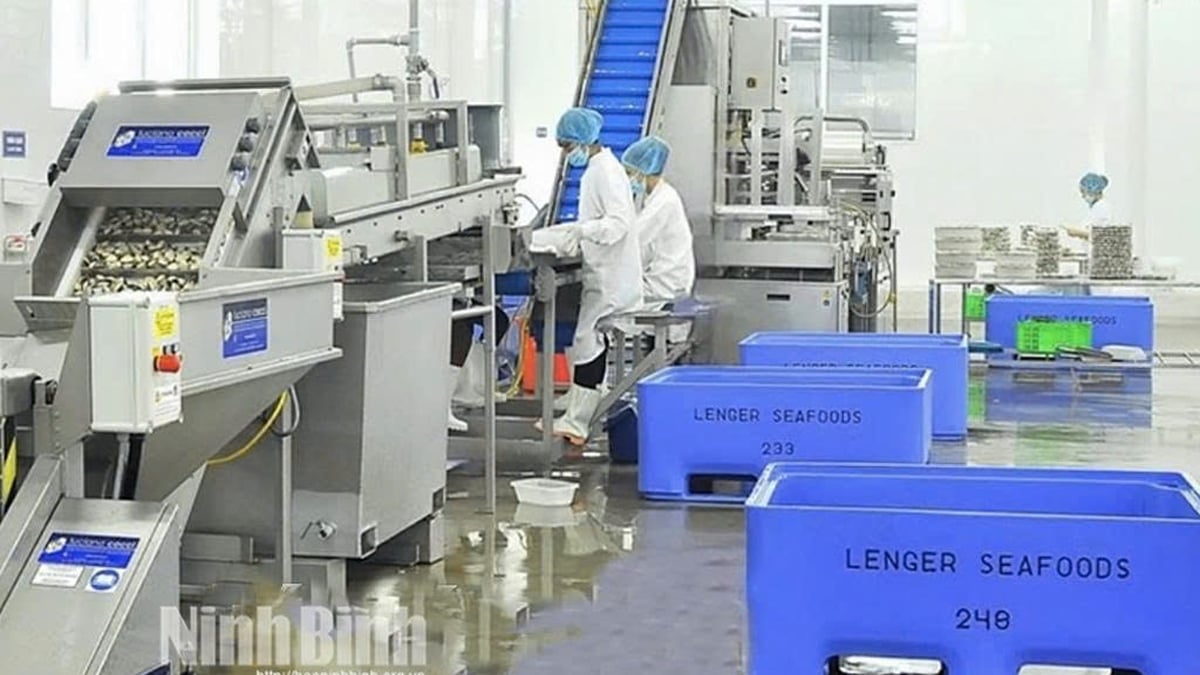
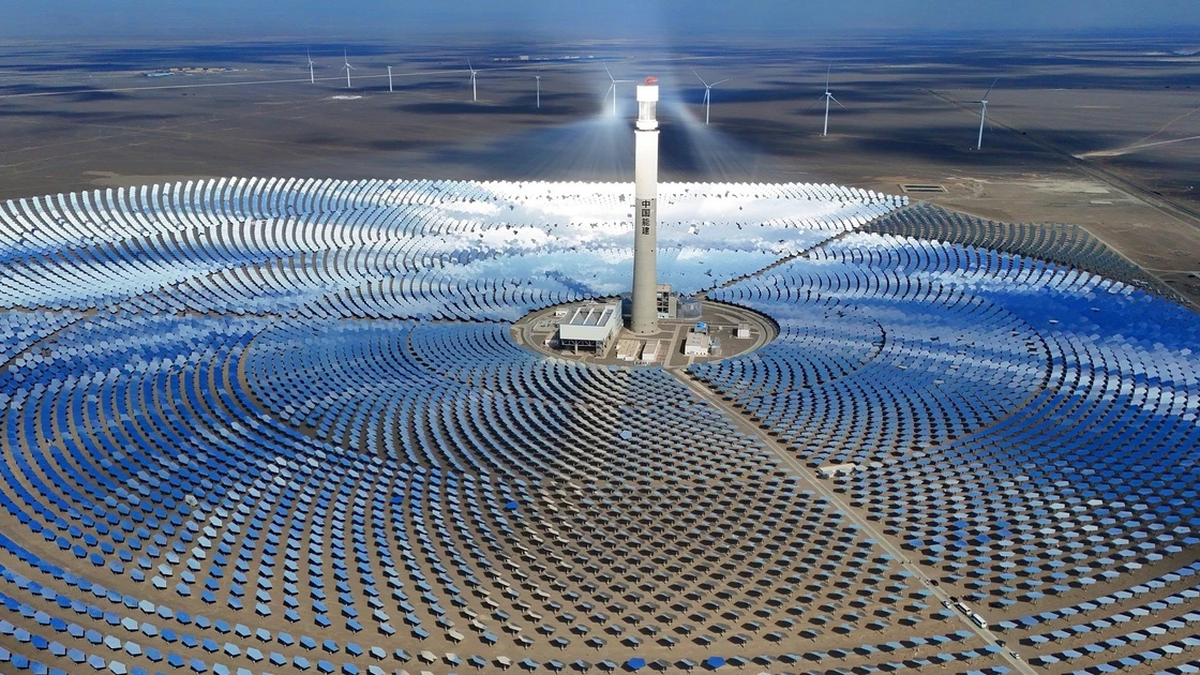

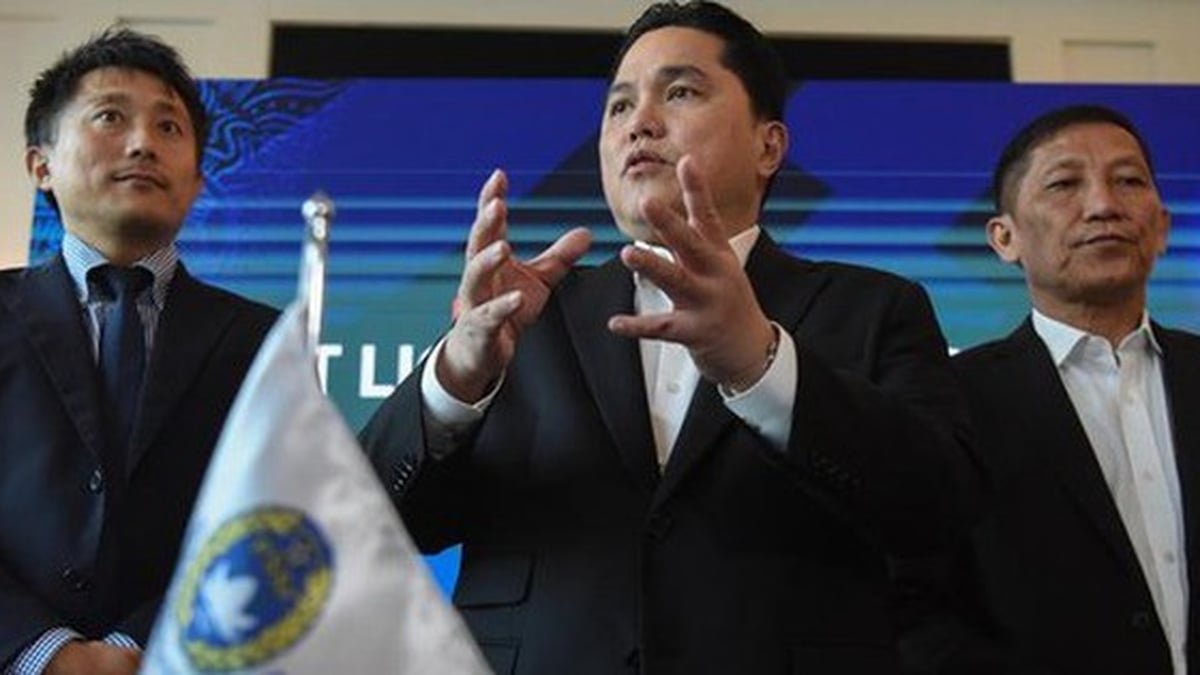
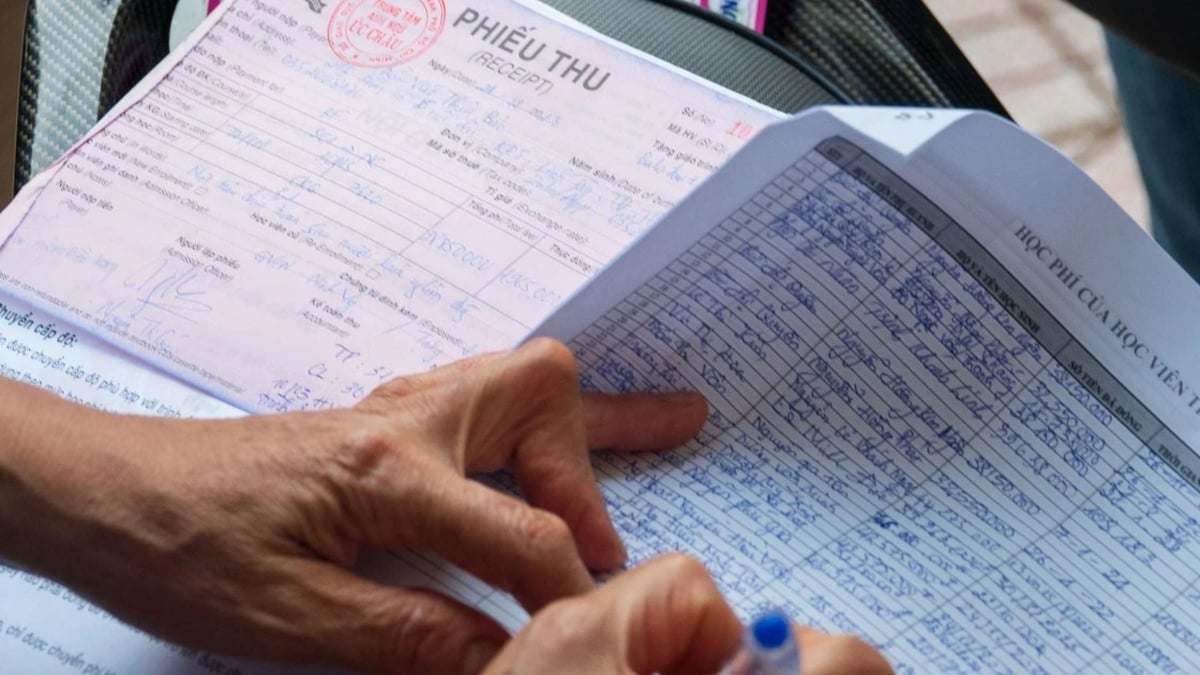












































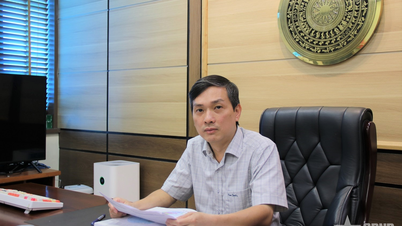

















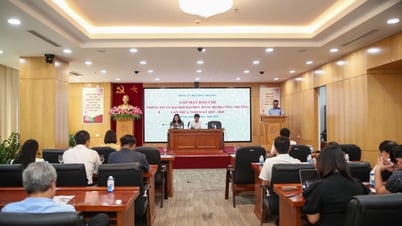


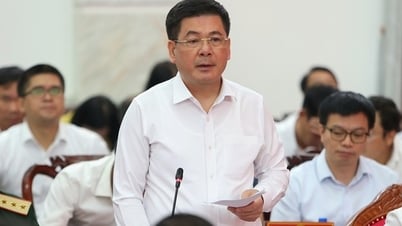

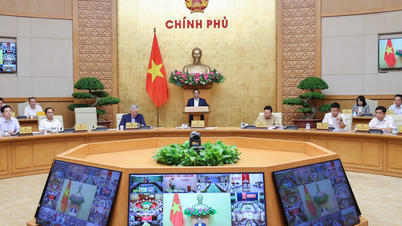

























Comment (0)